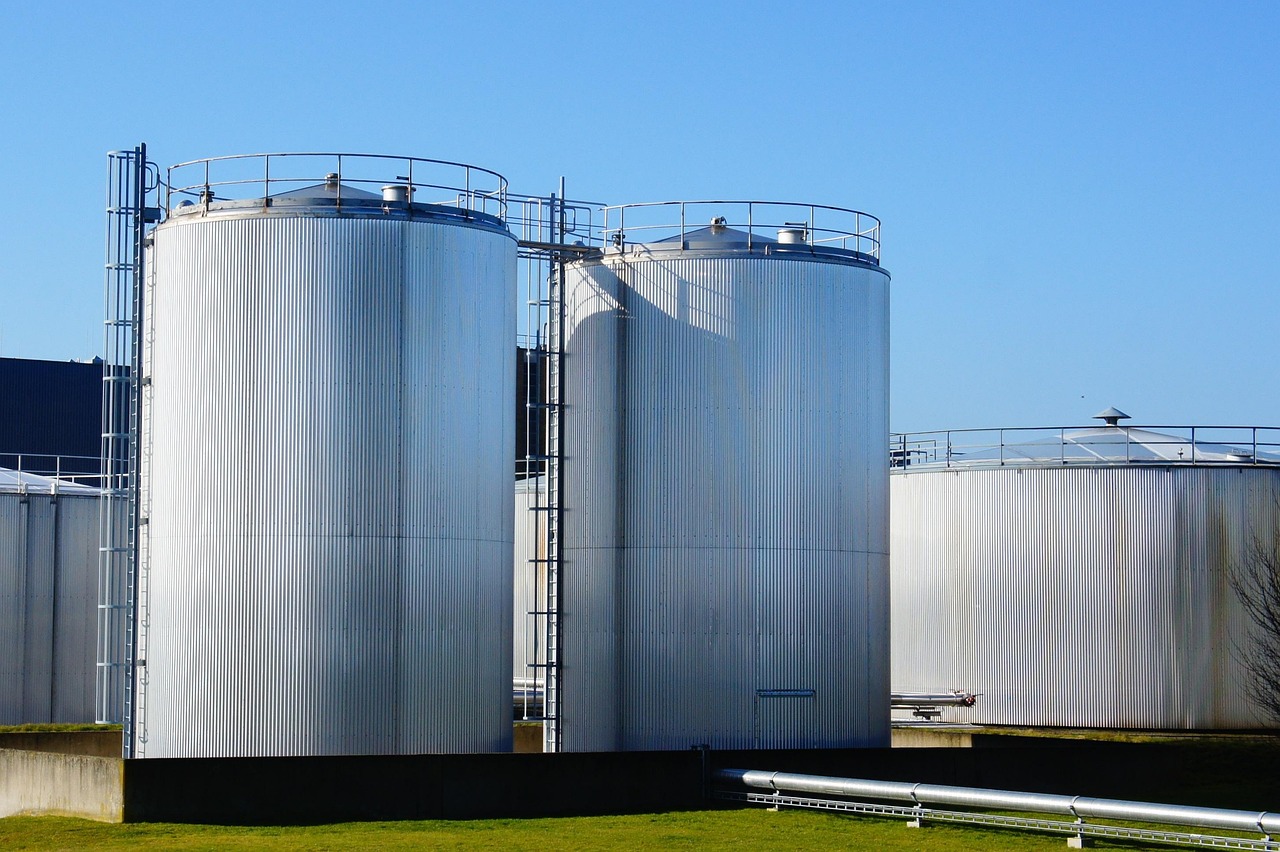
Keeping your tank clean is like keeping your car in top shape. Tanks, whether used for water storage, industrial chemicals, or agricultural purposes, need regular attention to work efficiently. Clean tanks operate better, offer longer service life, and prevent any unwanted surprises like leaks or contamination. Think of your tank as a vital part of your setup; ignoring its maintenance can lead to bigger problems down the road.
Neglecting to clean your tank can result in several issues. Dirty tanks can harbor bacteria, leading to contamination of contents. This can affect water quality or spoilage of materials stored. It may compromise the structural integrity of the tank and cut down on its useful life. This means unnecessary repairs and even premature replacement, both of which are costly. Keeping tanks clean not only keeps things running smoothly but also ensures the safety and quality of whatever you store inside.
Signs It’s Time for Tank Cleaning
Regular inspections of your tank can help spot the need for cleaning before it causes trouble. Here are some signs to look out for:
– Visible Residue Build-Up: If you notice residue on the tank walls or floating on the surface, it’s time for cleaning. This residue can result from sediments, rust, or even external pollutants entering the tank.
– Unusual Smells: Bad odors are often from bacteria or other microorganisms growing in the tank. This can be an indicator that cleaning is overdue.
– Changes in Stored Material Quality: If the quality of the stored materials—like water or chemicals—changes, suspect contamination. This happens when unclean conditions alter the contents.
– Reduced Tank Efficiency: A decrease in tank performance, such as slow flow rates or pressure drops, indicates something is amiss.
– Regular Maintenance Schedules: Scheduling regular cleanings can prevent issues before they start. It’s a proactive way to keep your tanks in optimal condition and can minimize emergencies.
Taking these signs seriously can save you from larger repairs and ensure the long-lasting performance of your tank. Regular checks and recognizing these indicators can make sure your equipment stays in good shape. Taking action sooner rather than later can save resources and help keep operations smooth.
Impact of Ignoring Tank Cleaning
Ignoring tank cleaning is like disregarding the oil change light in your car. At first, there might not seem to be any major consequences, but over time, the neglect can lead to significant issues. One of the biggest concerns is contamination. If dirt, debris, or bacteria accumulate, they can compromise whatever you are storing. This has a direct impact on water quality or the effectiveness of stored chemicals, which might even become unusable.
Structural damage poses another threat. Residues and sediment can cause corrosion or damage to the tank’s interior, weakening its structure and potentially leading to leaks. This kind of damage demands costly repairs and can even lead to the need for a complete tank replacement if not addressed in time.
The lifespan of a tank diminishes dramatically without proper cleaning. Like any other equipment, regular upkeep keeps a tank in good condition for longer. Skipping cleanings can reduce its life, leading to higher replacement costs sooner than necessary.
Furthermore, there are health and safety risks involved. Contaminated tanks can pose threats to human health, particularly if the tank involves water storage. Corroded tanks are also safety hazards, especially if they contain substances that could leak and cause environmental damage.
From a financial perspective, skipping out on regular cleaning increases maintenance costs. Emergency repairs and replacements come at a premium and can be avoided by keeping a consistent cleaning schedule.
Benefits of Regular Tank Cleaning
Engaging in regular tank cleaning comes with numerous positives. Firstly, it boosts efficiency. Clean tanks ensure that everything functions as it should, without clogs or reductions in flow rate, meaning your entire system operates smoothly.
A longer tank life is one tangible benefit. Consistent cleaning prevents the buildup that can cause early wear and tear. By safeguarding the tank’s condition, you can extend its lifespan considerably, saving money in the long run.
Safety and compliance are easier to manage with clean tanks. By maintaining them properly, you adhere to safety regulations and avoid potential penalties. It also gives peace of mind knowing that your tank setup is safe and meets necessary standards.
When it comes to the quality of stored materials, regular cleaning makes a huge difference. Whatever you store, whether it’s water, fuel, or chemicals, maintaining a clean environment ensures that the quality remains high, avoiding spoilage or contamination.
Lastly, there are cost savings associated with regular tank cleaning. Instead of dealing with expensive emergency fixes or replacements due to neglect, regular maintenance helps keep expenses predictable and often much lower.
Keeping Your Tanks in Top Condition
Recognizing when your tank needs cleaning is a small step that can prevent many big problems. By understanding the signs and acting promptly, you protect your investment and ensure safe and efficient operation.
Routine maintenance and cleaning keep your tanks functioning well. By avoiding costly repairs and ensuring the integrity and safety of what you store, you make sound decisions that benefit you in the long term. Reliable and clean tanks are part of a successful operation, contributing to stability and efficiency in a straightforward and practical way.
To keep your tanks in top condition and prevent potential issues, consider the advantages of tank cleaning provided by ATM Tanks. By prioritizing cleanliness and regular maintenance, you can enhance performance, safeguard the quality of your stored materials, and avoid costly repairs. Investing in frequent cleaning ensures that your tanks operate smoothly and remain a valuable asset over time.
- How Tank Inspections Can Prevent Emergency Cleanups - January 11, 2026
- Tank Waterproofing Tips for Mid-Summer Rain Surges - January 11, 2026
- When to Repair a Cracked Steel Tank Before It Leaks - January 11, 2026






